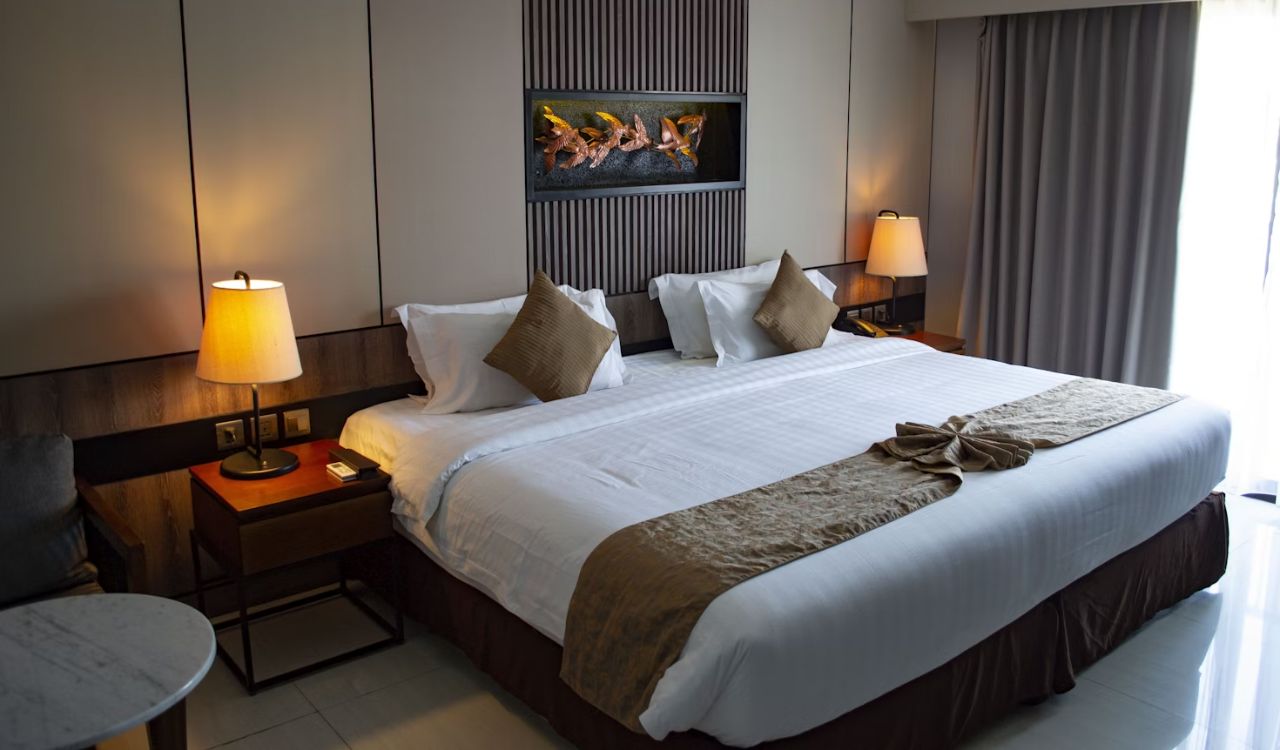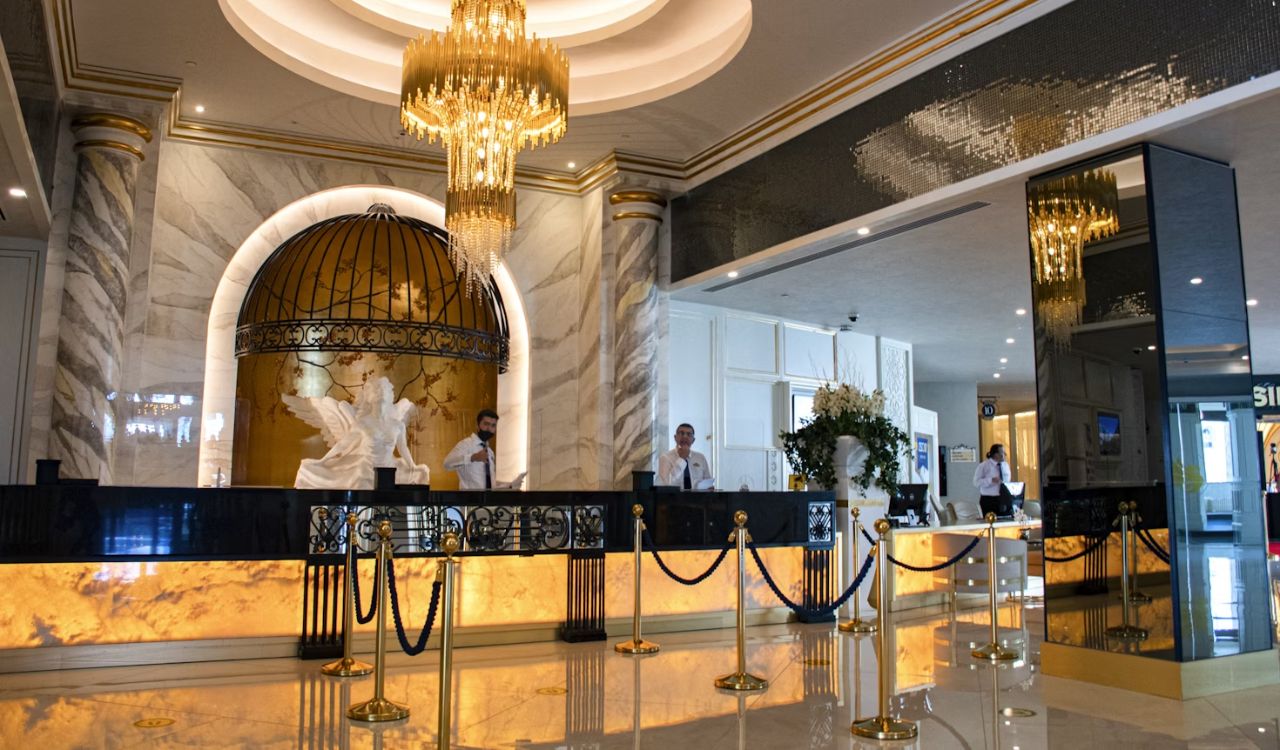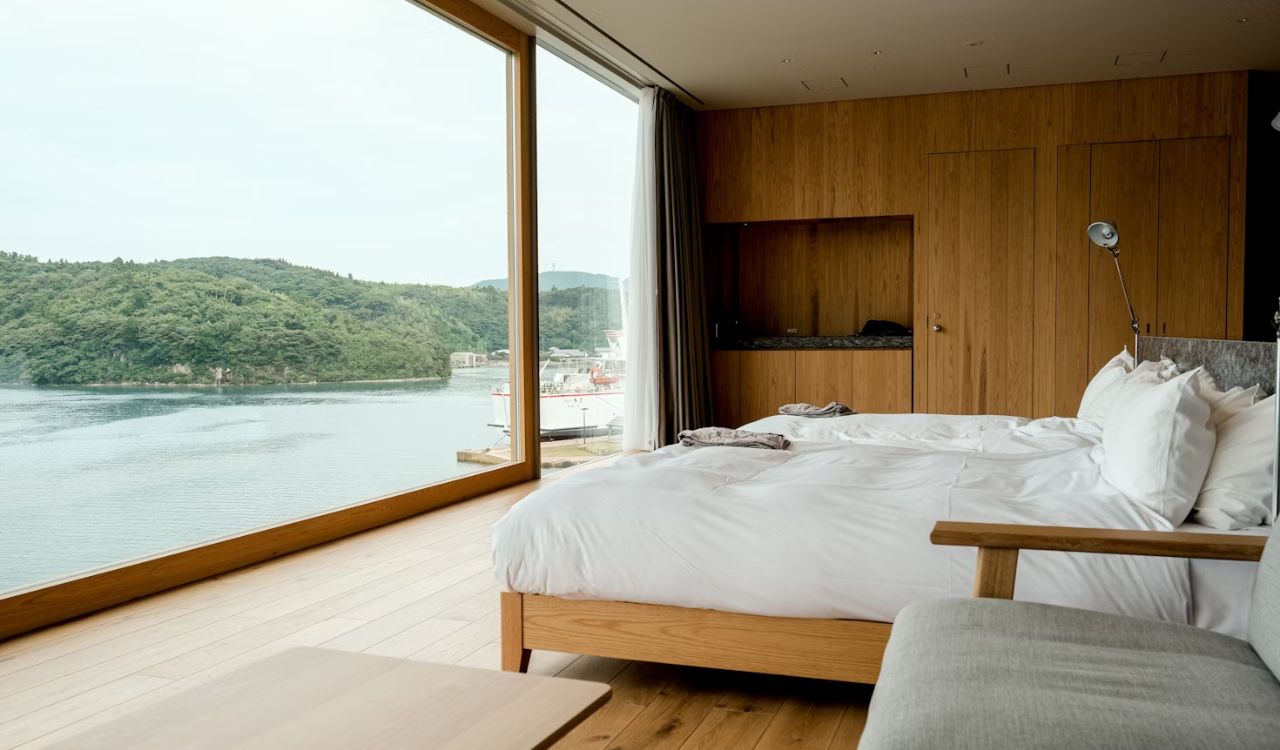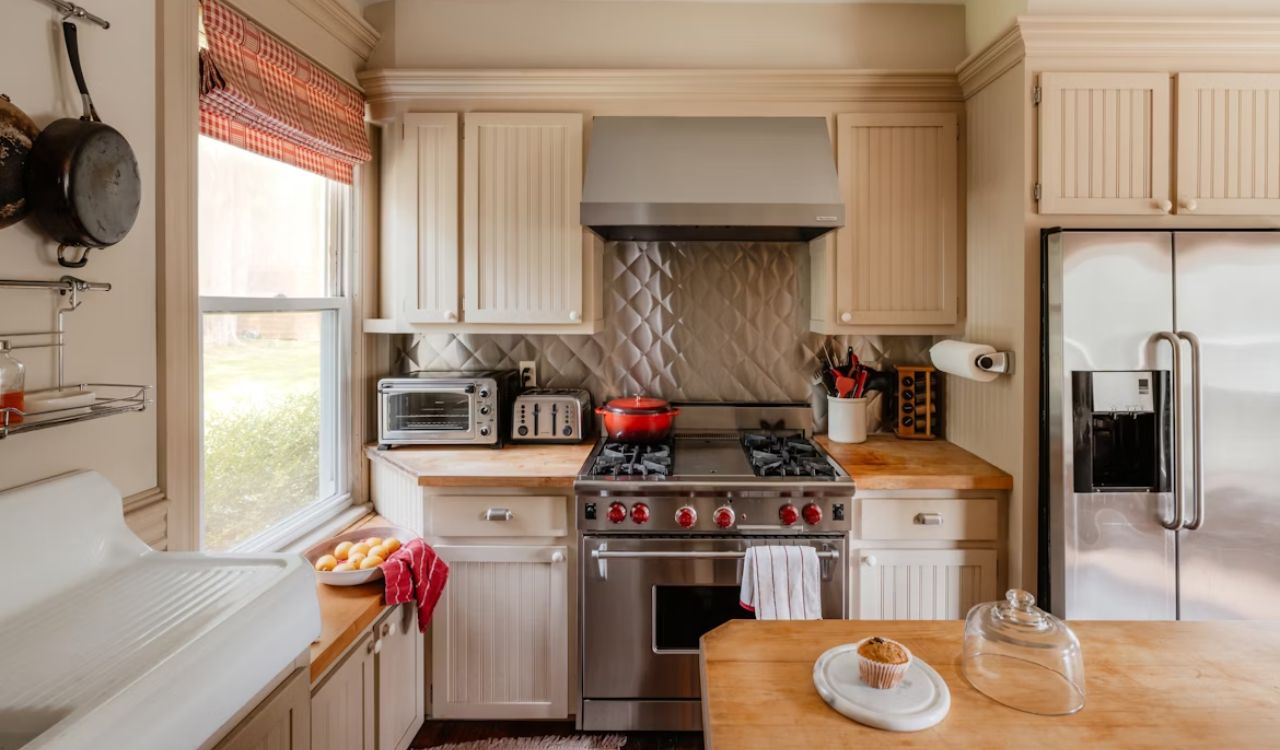How to Tell the Real Difference Between a Hotel and a Bed and Breakfast

When planning a trip, choosing the right place to stay can make or break your experience. The decision often boils down to two popular options: hotels and bed and breakfasts (B&Bs).
At first glance, both provide a bed and a roof over your head, but beyond that, they are vastly different. From the ambiance and amenities to the level of hospitality, the choice between a hotel and a B&B often depends on what kind of traveler you are.
Are you seeking consistency and convenience, or do you crave charm and a personal touch? Understanding the differences can help you pick the right fit for your next getaway.
The Atmosphere: Standardized Comfort vs. Personalized Charm

One of the most obvious differences between hotels and B&Bs lies in their atmosphere. Hotels are designed to provide a consistent experience no matter where you are. If you book a chain hotel in New York or London, you can expect nearly identical room layouts, decor, and amenities.
This predictability can be comforting, especially for business travelers or those who prefer familiarity. Rooms tend to be spacious, functional, and private, with little variation between them.
By contrast, bed and breakfasts pride themselves on individuality. Many are located in historic buildings or family homes, with each room decorated uniquely. Guests may find clawfoot tubs, vintage furnishings, or locally made crafts adorning the walls.
Because B&Bs are often small, sometimes with only a handful of rooms, owners invest in creating a warm, welcoming environment. This means more character and a stronger sense of place, something chain hotels rarely provide.
If you want the sense of being “at home” while traveling, a B&B offers an experience that feels more authentic and personal. If you value predictability above all else, hotels are better suited to your needs.
Amenities: Essential Services vs. Personalized Perks

Hotels typically win when it comes to the sheer range of amenities. Depending on the property, guests may have access to gyms, swimming pools, spas, conference rooms, and on-site restaurants. For those who want 24-hour check-in, room service, or concierge assistance, hotels deliver consistency and convenience. They are often designed to keep you comfortable without ever needing to leave the property.
Bed and breakfasts, on the other hand, focus on more tailored perks. Guests often enjoy free WiFi, complimentary parking, and bottled water in the room without hidden charges. Many B&Bs also host evening wine and cheese hours or offer amenities such as spa services and even electric vehicle charging stations. While they may not have the scale of a hotel, the perks are curated to feel thoughtful and personal.
For couples, B&Bs can be particularly appealing. Some properties double as wedding venues or honeymoon destinations, with packages that include massages or private dining experiences. These offerings highlight the emphasis on intimacy and connection rather than large-scale convenience.
Breakfast: Freshly Made vs. Continental Convenience

Breakfast is where the two accommodation styles differ most clearly.
At a hotel, you are likely to encounter a continental breakfast buffet. The spread often includes basics such as eggs, bagels, yogurt, oatmeal, and fruit. While convenient, the meals are designed to serve many guests quickly and are rarely prepared with local flair.
At a bed and breakfast, however, breakfast is a signature part of the experience. Owners frequently cook homemade meals with fresh, local ingredients. Guests may enjoy pancakes topped with regional berries, farm-fresh eggs, or specialty baked goods.
Many innkeepers also accommodate dietary restrictions with vegan, vegetarian, or gluten-free options. Breakfast is often served family-style, encouraging guests to mingle and exchange travel stories.
If you love starting the day with a personalized, hearty meal, B&Bs deliver an experience that hotels simply cannot replicate.
Hospitality: Impersonal Service vs. Personal Connection

Hotels are businesses first. Guests typically interact with front desk staff, housekeepers, and servers, but rarely with the owner. While professional, the service can feel standardized and transactional. Staff are trained to handle large volumes of guests efficiently rather than personally.
Bed and breakfasts operate differently. Owners often live on the property and personally interact with their guests. This can mean insider tips on local restaurants, recommendations for hidden attractions, or even help making reservations.
Many B&B owners go out of their way to make travelers feel like part of the family. For sociable guests, breakfasts and communal areas are opportunities to meet other travelers, sometimes leading to lasting friendships.
For those who enjoy human connection, the hospitality at a B&B feels like staying with friends rather than being a number in a system.
Pros and Cons of Hotels

Hotels are often the go-to choice for convenience and availability.
Advantages include:
- Predictable standards of cleanliness and comfort.
- A wide range of on-site amenities such as gyms, spas, and restaurants.
- Easier last-minute availability in popular tourist areas.
Potential drawbacks:
- Rooms may lack personality and feel impersonal.
- Limited opportunities to interact with locals or experience regional culture.
- Luxury hotels often cost significantly more than B&Bs for similar comfort.
Hotels make sense for travelers who prioritize efficiency, modern amenities, and availability over cultural immersion.
Pros and Cons of Bed and Breakfasts

B&Bs appeal to travelers who want charm, connection, and a sense of place.
Advantages include:
- Personalized hospitality from owners and staff.
- Unique, character-filled rooms and cozy ambiance.
- Fresh, homemade breakfasts and local culinary experiences.
- Opportunities to meet locals and other travelers in a friendly environment.
Potential drawbacks:
- Smaller properties with limited availability require booking.
- Fewer large-scale amenities compared to hotels.
- Less privacy, as common areas are often shared with other guests.
B&Bs are best suited for travelers who value authenticity and personal connection more than convenience or luxury.
Key Factors to Consider When Choosing

When deciding between a hotel and a bed and breakfast, travelers should weigh several factors:
- Desired Experience: Do you want intimacy and authenticity, or standardized comfort?
- Budget: Hotels, particularly luxury ones, can be significantly pricier. B&Bs often provide more value at mid-range budgets.
- Location: Hotels are usually found in central tourist districts, while B&Bs may be tucked into residential or scenic neighborhoods.
- Availability: Hotels are easier to book last-minute. B&Bs often require early reservations.
- Privacy: Hotels offer greater anonymity, while B&Bs emphasize shared spaces and interaction.
By reflecting on these points, you can match your lodging choice to your travel style.
Which One Should You Choose?

The choice between a hotel and a bed and breakfast is ultimately about priorities. Hotels shine when you want predictable service, a range of amenities, and convenience. They are practical for business trips, large groups, or travelers who prefer minimal surprises.
Bed and breakfasts, on the other hand, thrive on offering personalized, memorable stays. They allow guests to immerse themselves in local culture, enjoy unique accommodations, and connect with hosts and fellow travelers. They are ideal for couples, solo travelers seeking connection, or anyone who values character over conformity.
When planning your next journey, ask yourself: do you want to feel like a guest in someone’s home or a client in a polished establishment? Both choices have their merits, but the right one will align with the kind of memories you want to create.
References
- What is the Most Important Difference Between a Bed and Breakfast and a Hotel?- SelectRegistry.com
- Understanding the difference between a hotel and a guesthouse (B&B)- LesHautsdeSaulies.fr
- Hotel or Bed and Breakfast- What’s the Difference Anyway?- BedAndBreakfastCoach.com







